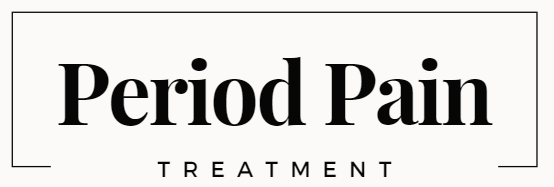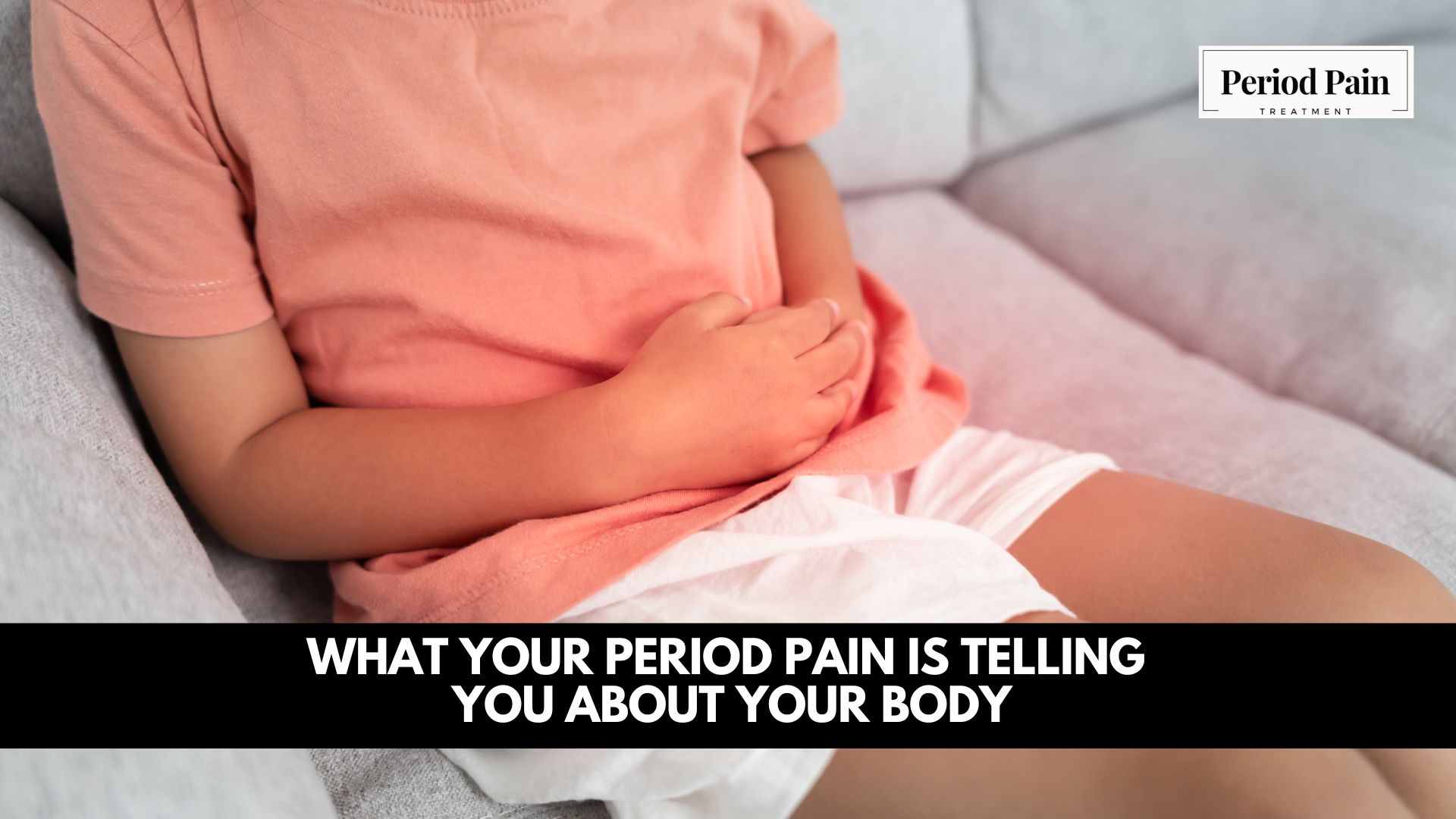Period pain is something most people experience, but it can also reveal valuable information about your body. From hormone levels to lifestyle factors, cramps often reflect what’s happening inside your reproductive system. Some pain is normal, but persistent or severe discomfort can signal an underlying issue. Learning to read these signs helps you take better care of your health. Understanding your body’s messages is the first step to managing pain more effectively.
What Causes Period Pain in the First Place?
Period pain is mainly caused by prostaglandins, chemicals that make the uterus contract to shed its lining. When prostaglandin levels are high, the contractions become stronger and more painful. These cramps can range from a dull ache to sharp discomfort that lasts for days. While some cramping is a normal part of menstruation, extreme pain might suggest another cause. Knowing this difference helps you decide when to rest and when to seek help.
Why Do Some People Experience More Pain Than Others?
The severity of cramps varies because everybody reacts differently to hormonal changes. Factors like stress, diet, and lack of sleep can make pain worse. Conditions such as endometriosis or fibroids can also intensify cramps by increasing inflammation in the uterus. Regular exercise, good nutrition, and hydration can help balance hormones and reduce symptoms. Paying attention to these patterns can teach you what affects your own cycle most.
When Is Period Pain a Sign of an Underlying Condition?
Severe or prolonged period pain could point to issues like endometriosis, adenomyosis, or fibroids. These conditions cause tissue irritation and stronger contractions than usual. If cramps prevent normal activities or don’t improve with basic remedies, it’s important to see a doctor. Keeping track of your symptoms helps identify whether pain patterns are changing. Early diagnosis allows for better management and long-term relief.
Can Hormone Imbalance Make Period Pain Worse?
Yes, irregular hormone levels can increase cramping and discomfort. High estrogen and low progesterone levels can make the uterus more sensitive and cause stronger contractions. Hormonal imbalance may also affect mood, energy, and digestion during your cycle. Lifestyle adjustments such as better sleep, balanced meals, and stress management can help rebalance hormones naturally. Recognising these connections helps you take control of both pain and overall wellbeing.
Can Stress and Fatigue Affect Menstrual Pain?
Stress triggers the release of cortisol, which can interfere with reproductive hormones and worsen cramps. Fatigue also reduces your body’s ability to handle discomfort. Taking time to rest, breathe deeply, and practise relaxation techniques can lower both stress and pain. Small daily habits, like gentle exercise or warm baths, help restore balance. Listening to your body during your period can make a noticeable difference.
What Can Your Diet Reveal About Period Pain?
A diet high in processed foods, caffeine, or salt can make cramps and bloating worse. In contrast, magnesium-rich foods like spinach, nuts, and bananas help relax muscles. Drinking plenty of water supports circulation and reduces fluid retention. Herbal teas such as ginger or chamomile can also calm the uterus. Your body often responds quickly to these small, healthy changes.
How Can Heat Therapy Help with Menstrual Pain?
Heat therapy works by improving blood flow and relaxing tense muscles. Applying a warm pad to the lower abdomen can quickly ease cramping and reduce inflammation. It’s a safe and effective remedy for both mild and moderate pain. Regular use during your cycle can make discomfort easier to manage each month. Combining warmth with rest enhances the soothing effect even further.
Are There Other Natural Remedies Worth Trying?
Yes, pressure point devices, vibrating massagers, and light stretching can all complement heat therapy. These methods promote muscle relaxation and help release tension. Consistent use builds up long-term relief and comfort. Pairing natural remedies with balanced nutrition creates a complete approach to period wellness. Small daily efforts lead to lasting improvements in how you experience your cycle.
How Period Pain Treatment Supports Better Menstrual Health
Period Pain Treatment provides a range of natural solutions designed to relieve cramps safely and effectively. From heat therapy pads to pressure devices, each product targets the source of discomfort directly. The treatments promote better blood flow and muscle relaxation without medication. Designed for convenience and comfort, they fit easily into any daily routine. With the right tools, you can manage pain naturally and understand your body’s needs more clearly.
Listening to What Your Period Pain Is Telling You
Your period pain can be a signal about your health, hormones, and habits. Understanding these messages helps you make changes that improve your wellbeing month after month. Natural remedies like heat therapy, balanced nutrition, and rest offer genuine, lasting comfort. Paying attention to patterns gives insight into your body’s rhythms and needs. The more you listen to what your pain is saying, the easier it becomes to manage it naturally and confidently.





